Introduction
Hiccups are a condition caused by an irritated diaphragm whose function is to pull and push the air in and out of the lungs. Some severe cases of hiccups may last for weeks. Hiccups can be characterized by continuous hic-like sounds that come from the throat and contractions of the diaphragm.
There are numerous different causes of hiccups but some of them may include sudden excitement, spicy foods, kidney problems, various types of infections, stomach disorders, laryngitis, eardrum irritation, bloating, excessive alcohol consumption, smoking, eating fast, tumors, heartburn, surgeries, diabetes, and overeating.
Hiccups Remedies
There are numerous home remedies that can be used for hiccups and the most common ones include holding the breath, applying a cold compress, sipping cold water quickly, drinking soda quickly, gargling with water, eating peanut butter, and eating sugar. Severe cases require immediate medical attention.
One of the most efficient home remedies is to hold one’s breath until the hiccups stop. Frequent ingestion of water may also be helpful in some cases. Peanut butter is also one of the most efficient home remedies when taken in moderate amounts. Another efficient home remedy is gargling with water. Sugar taken in moderate amounts can also provide a person with immediate relief. Another beneficial home remedy consists of yogurt mixed with a slight touch of salt.
Boiled fresh cardamom powder is also very efficient in stopping hiccups. A cotton swab can be used to tickle the throat in order to relieve the hiccups immediately. Ginger can also be of great help when it comes to the treatment of hiccups. Mustard seeds can be mixed in with pure ghee to make a very powerful solution for the hiccup problem.
Anise seeds can also be used in order to stop frequent hiccups very effectively. Apple cider vinegar can be mixed in with water for another potent solution. Baking soda can be a very good solution as well once it gets mixed in with ammonia and peppermint water. Another home remedy consists of inhaling chamomile essential oil from a paper bag.
Camphor can also be dissolved in water in order to provide remarkable results. Ingesting honey in moderate amounts can also be very beneficial for the condition.
Lemon is a very powerful ingredient and it can be mixed with water, salt, angostura bitters, or sugar to provide a very potent remedy. Other home remedies that can be used to treat the condition very efficiently include orange juice, pineapple juice, tartar, and red pepper.
Homeopathic medicine recommends using cuprum metallicum.
- The pharmacotherapy of hiccup includes chlorpromazine, gabapentin, baclofen, serotonergic agonists, prokinetics and lidocaine. Non-pharmacological approaches such as nerve blockade, pacing, acupuncture and measures to hold breathing are also successful.
- Many available therapies are not evidence-based; moreover, alternative medicines and remedies have been tested with unbelievable effectiveness.
- Acupuncture has been employed to treat serious hiccups among patients with myocardial infarction and metastatic liver tumor. A control trial confirmed that this procedure was superior over ritaline to treat stroke related hiccups.
- Near-infrared irradiation applied on the acupoints to improve the local blood circulation of affected areas has been shown to effectively treat intractable hiccups.
- Intranasal vinegar instillation to stimulate the dorsal pharynx at the supplied area of afferent branches of hiccup reflex arc was effective in a child with tracheostomy related hiccup.
- Other remedies in terms of breathing into a bag, breath holding, swallowing granulated sugar, drinking/gargling iced water, forceful traction of tongue, biting lemon, eating peanut butter, eyeball compression, carotid/rectal massage, Valsava maneuver, fright and gastric lavage etc have long been recommended to treat hiccups for many years. These remedies may be very convenient and less hazardous, however, their effectiveness to treat serious hiccups are usually uncertain.


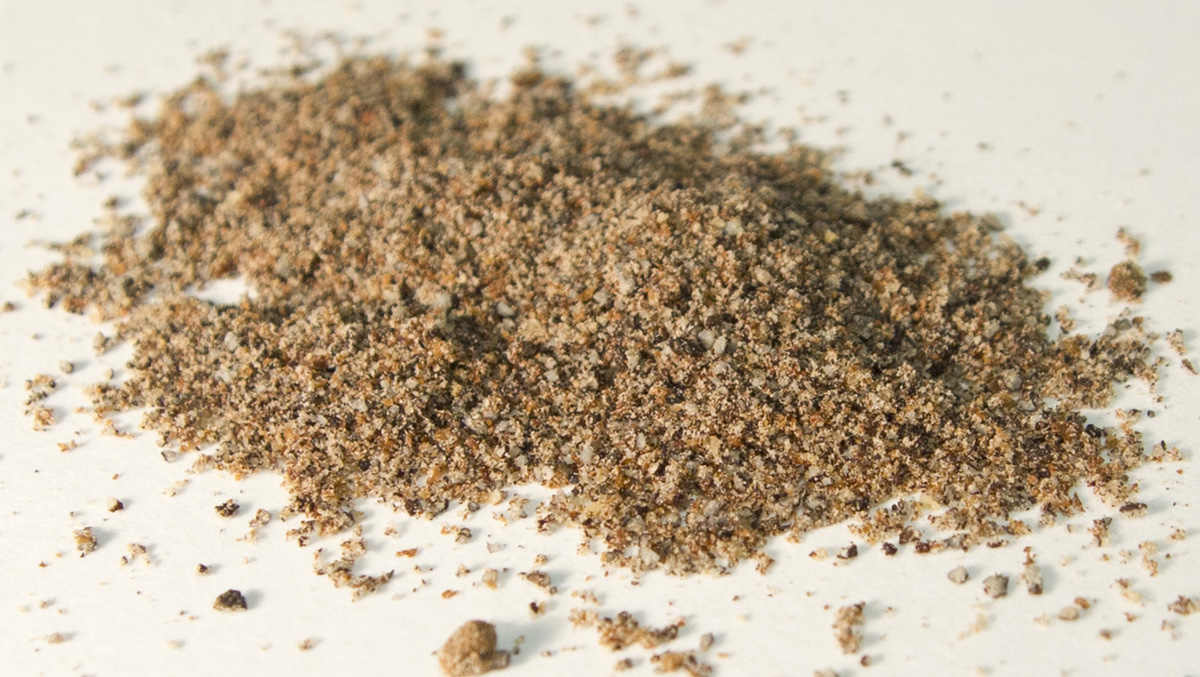
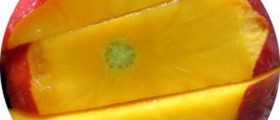
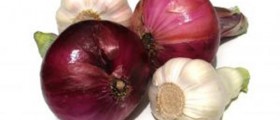
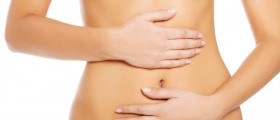
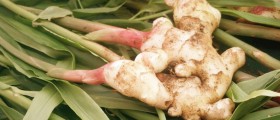

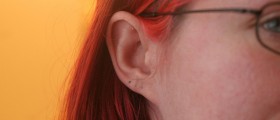


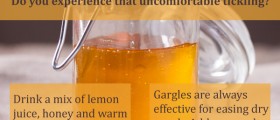
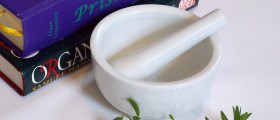
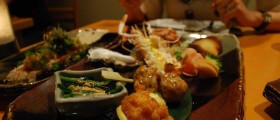
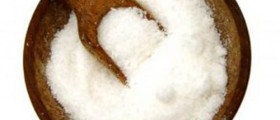
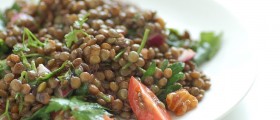
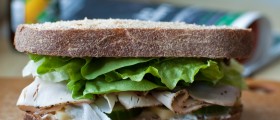
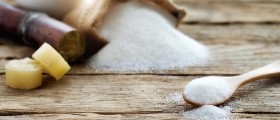
Your thoughts on this
Loading...